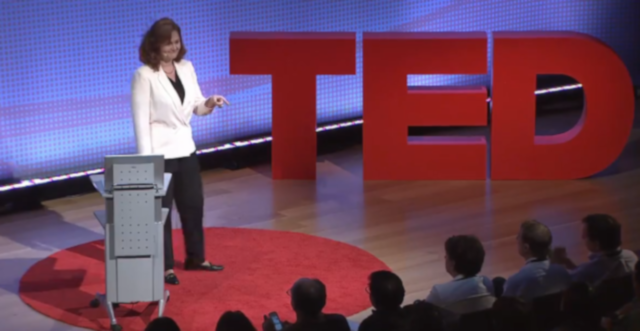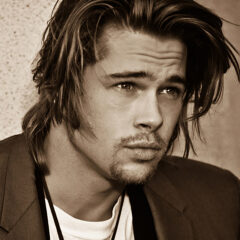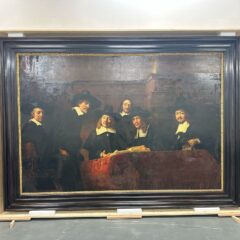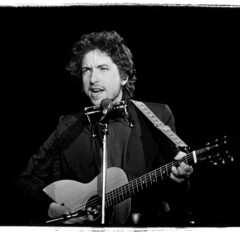AMM Talks With TED Talk Speaker, Monika Blaumueller

“Art can elevate our spirits by tapping into what makes us human, coming back home to who we are at our core.”
Renowned business strategist, innovator, thought leader, and healthcare pioneer Monika Blaumueller recently delivered a TED Talk on healthcare analytics that led Tex Harris, Distinguished Foreign Service Officer, to declare her The Leader of the Third Revolution in Humanitarian Aid.
Alvin Toffler, Future Shock visionary and co-founder of Arts Management Magazine (AMM), predicted the very technology/information age that we are currently in and the many ways massive databases might be used to meet challenges.
Indeed, according to Monika Blaumueller, technology has altered the ways that we can best serve humanitarian efforts around the world. We just need to be aware of it and use it. For instance, in her TED Talk, Monika revealed that an algorithm diagnosed the first Ebola outbreak nine days before the World Health Organization announced it. Earlier detection could have had a significant impact on better containing the outbreak.
AMM: As someone who has had the honor of gracing the TED stage how do you value the collaboration of minds in sync for combatting a specific goal?
Monika Blaumueller: To accomplish meaningful innovation requires collaboration from multi-disciplinary, potentially disparate teams. Further, we have to step outside of our day to day mindset and put aside concerns such as quarterly metrics. We have to become more fluid in our thinking. For example, when Allen Anderson launched the world’s first word processor, he had to get typists past the question of why the return key was ‘missing.’ Stuck thinking in their paradigm of how a typewriter works, they were unable to see what an improvement the word processor was.
Profound opportunities wither on the vine more often than we like to admit. They might reside in one of our thousands of unread emails, or those we scanned too quickly to have processed. Or, some of the essential partners may not believe that they will benefit from the change.
A TED conference facilitates fluid, collaborative thinking. We travel intentionally, to a physically separate location. We are surrounded by a diverse, curated population that is inclined to collaborate to achieve a specific goal. We explore a range of stimulating topics. We experience live music together. It resonates among and within us. Collectively, these factors help us to be present to the possibility of innovations we are inclined to overlook when we are in our every-day mode.
AMM: The mission of AMM is that since art drives creativity, and creativity drives society, it is in humanity’s best interest that we “give” the future generation the creativity to meet life’s unforeseen challenges. How do you see creativity being best utilized for our future generations?
MB: Art can elevate our spirits by tapping into what makes us human, coming back home to who we are at our core. I attend small, live music performances most every week. I work on my own creative writing and help edit that of others. A friend of mine says when she is stuck on a problem, she leaves her office and takes her son to the playground. Solutions are more forthcoming when she is in the sandbox than at her computer screen.
To meet our great, multigenerational challenges, like climate change, removing the trash, microbeads or toxic chemicals from the oceans, I believe that we need make time for creativity, play, sleep, down time, music, art and other forms of beauty.







